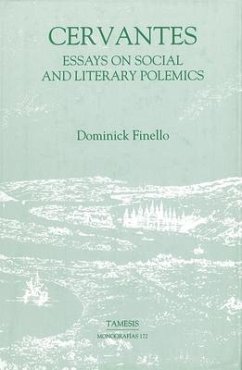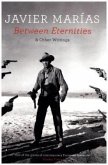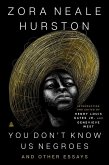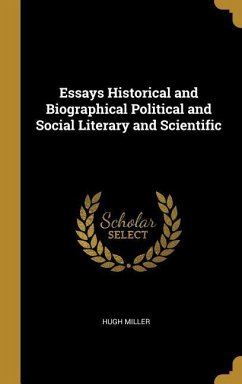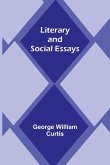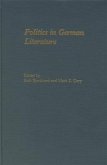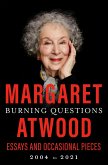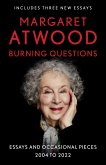Short description/annotation
Cervantes' work closely analysed for evidence of his attitude to academic life and to conversos, and his responses to technical challenges.
Main description
A number of longstanding polemical issues related to Cervantes' life and creativity are closely examined here, throwing new light on his work as a whole. The book begins by exploring Cervantes' complex and ambivalent attitude towards academic life, which yielded comic portraits of students and many parodies of the academic tendencies of false praise, pedantry and pompousness. It goes on to consider the impact of the converso, or New Christian, on Spanish collective thinking, and Cervantes and Lope de Vega in particular; Old Christian versus New Christian rhetoric frequently determines the expression of such characters as Sancho Panza. An analysis of Cervantes' controversial interpolation of stories in the first part of Don Quijote follows, and Professor Finello concludes by looking at the enigmatic discourse and dialogue of Don Quijote himself, elegant and harmonious despite the knight's apparent madness, arguing that since Quijote believes he is justified in imposing his chivalric values upon those who come into contact with him, he adjusts the situations in which he finds himself to the appropriate rhetoric of literary tradition.DOMINICK FINELLO is Professor of Spanish at Rider University.
Hinweis: Dieser Artikel kann nur an eine deutsche Lieferadresse ausgeliefert werden.
Cervantes' work closely analysed for evidence of his attitude to academic life and to conversos, and his responses to technical challenges.
Main description
A number of longstanding polemical issues related to Cervantes' life and creativity are closely examined here, throwing new light on his work as a whole. The book begins by exploring Cervantes' complex and ambivalent attitude towards academic life, which yielded comic portraits of students and many parodies of the academic tendencies of false praise, pedantry and pompousness. It goes on to consider the impact of the converso, or New Christian, on Spanish collective thinking, and Cervantes and Lope de Vega in particular; Old Christian versus New Christian rhetoric frequently determines the expression of such characters as Sancho Panza. An analysis of Cervantes' controversial interpolation of stories in the first part of Don Quijote follows, and Professor Finello concludes by looking at the enigmatic discourse and dialogue of Don Quijote himself, elegant and harmonious despite the knight's apparent madness, arguing that since Quijote believes he is justified in imposing his chivalric values upon those who come into contact with him, he adjusts the situations in which he finds himself to the appropriate rhetoric of literary tradition.DOMINICK FINELLO is Professor of Spanish at Rider University.
Hinweis: Dieser Artikel kann nur an eine deutsche Lieferadresse ausgeliefert werden.

